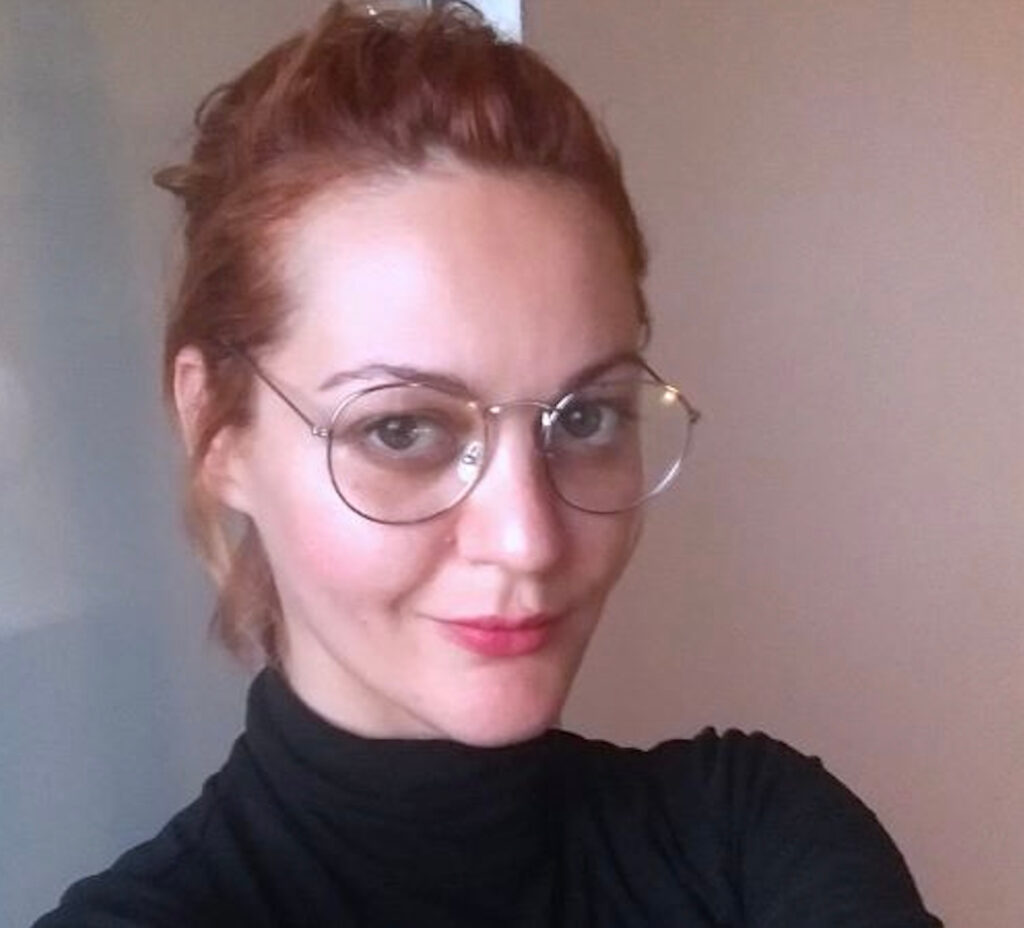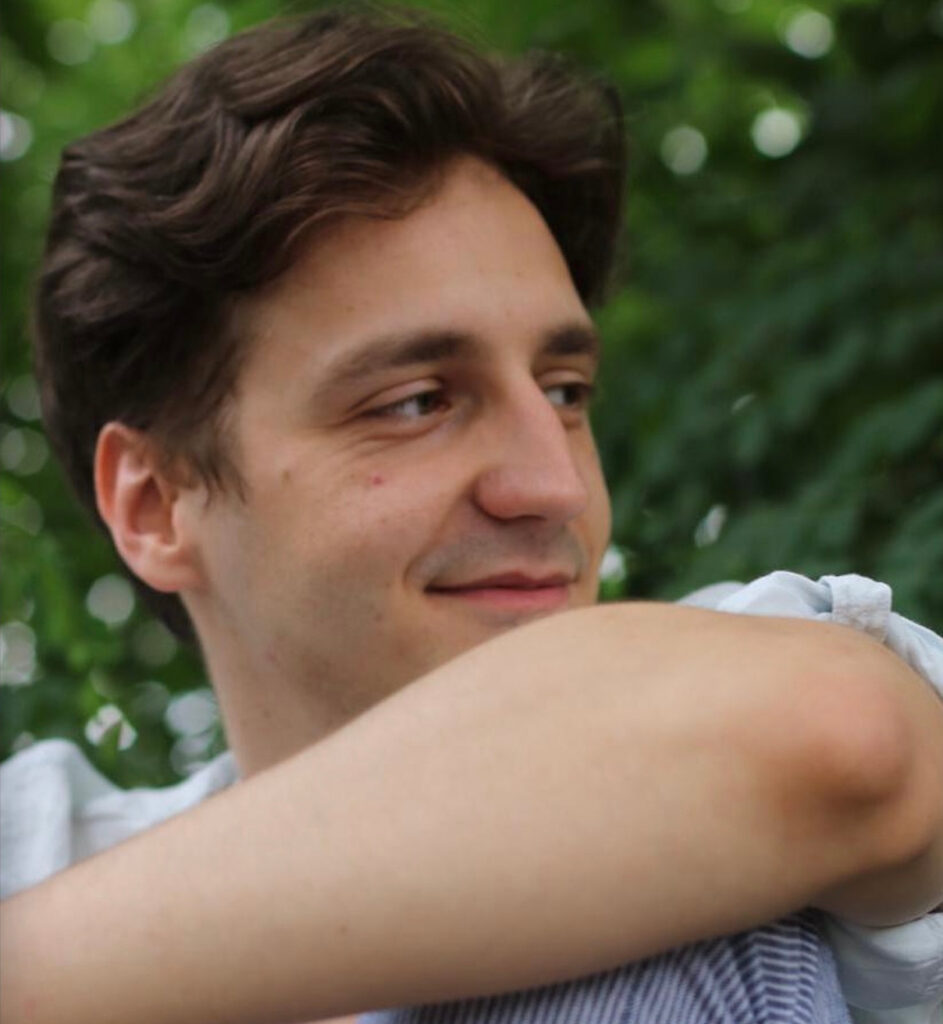Lecturer: Jelena Rosic & Moritz Kriegleder
Fields: Neuroscience, Phenomenology, Computer Science
Content
The research program of neurophenomenology targets the epistemological and methodological challenges of relating the neurophysiological third-person measures to descriptions of subjective phenomena in first-person experience (Varela 1996). Stemming from the gap between (neuro)behavioural and phenomenological data in addressing mental phenomena in cognitive science, neurophenomenology considers the phenomenality of lived experience necessary in any current theory of cognition. In our talk, we will start by reviewing the basic arguments from the founding work on methodological commitments to naturalise phenomenology – making phenomenological properties and constraints continuous with those of natural sciences to provide an explanatory framework (Roy et al., 1999).
In this light, we examine the notion of phenomenological data and the methods to obtain such data through systematic practice of phenomenological reduction leading to descriptive invariants (Depraz, Varela & Vermersch 2000). We point to the pragmatics of second-person methods as in-depth interview techniques that stand in contrast to naïve (self-reported) introspection or to typical approaches in cognitive science that collect first-person data through pre-defined questionnaires, scales, and ratings as easily quantifiable measures yet lacking complexity and dynamics of subjective experience. In particular, the interview and analysis method of Micro-phenomenology (Petitmengin 2006) promises a systematic and detailed collection of first-person data. The aim is to establish the structure of experience rather than representational content that doesn’t reflect the lived character of experience and is considered purely qualitative and non-verifiable while the structure of experience aims to provide invariants for generalisable results (Petitmengin, Remillieux & Valenzuela-Moguillansky 2019).
Looking into the growing field of neurophenomenological research that aims to provide non-naïve and reliable experiential data with rigorous methods, we will continue with the approach to naturalise phenomenology and review recent theories of cognition and how they aim to formally model experience. Computationally grasping phenomenological phenomena is a significant step in bridging the gap between first and third-person perspective. Predictive processing, a highly influential framework of the last decade, casts the mind as a dynamical prediction generator that constantly updates its best guesses in coordination with the senses and environment (Hohwy, 2013). We are going to present arguments why or why not these processes could be sufficient to explain lived experience and act as stepping stone to mathematically trace phenomenology.
Related to predictive processing, the free energy principle is a more general framework which unifies all living systems under one organisational principle. The mathematical formalism builds on the assumption that all organisms minimise free energy, a measure of surprise about internal and external states. Recent works have acknowledged the role of embodiment and action more and recast the theory as active inference, with direct links to enactivism (Ramstead, 2020). We summarise the connection between predictive processing, the free energy principle and a naturalised phenomenology to model experience and explore possible future directions of computational neurophenomenology.
Literature
- Depraz, N., Varela, F. J., & Vermersch, P. (2000). The gesture of awareness: An account of its structural dynamics. Investigating phenomenal consciousness, 121-136.
- Hohwy, J. (2013). The predictive mind. Oxford: Oxford University Press.
- Petitmengin, C. (2006). Describing one’s subjective experience in the second person: An interview method for the science of consciousness. Phenomenology and the Cognitive sciences, 5(3), 229-269.
- Petitmengin, C., Remillieux, A., & Valenzuela-Moguillansky, C. (2019). Discovering the structures of lived experience. Phenomenology and the Cognitive Sciences, 18(4), 691-730.
- Ramstead, M. J. D., Kirchhoff, M. D. & Friston, K. J. (2020). A Tale of Two Densities: Active Inference Is Enactive Inference. Adaptive Behavior 28 (4): 225–39. Roy, J. M., Petitot, J., Pachoud, B. & Varela, F. J. (1999) Beyond the gap: An introduction to naturalizing phenomenology. In: Petitot J., Varela F. J., Pachoud B. & Roy J. M. (eds.) Naturalizing phenomenology: Issues in contemporary phenomenology and cognitive science. Stanford University Press, Stanford CA: 1–83.
- Varela, F. J. (1996). Neurophenomenology: A methodological remedy for the hard problem. Journal of consciousness studies, 3(4), 330-349.
Lecturer

Jelena Rosic is a master’s student in cognitive science at the University of Vienna and a Ph.D. student at Aalto University, previously working on interdisciplinary projects that combine the methods of neuroscience with arts and humanities. She completed training in Micro-phenomenology (with Claire Petitmengin) and has been practicing the method aiming at neurophenomenological integration and modeling.

Moritz Kriegleder is a Ph.D. student at the University of Vienna in the ERC Project Possible Life of Professor Tarja Knuuttila and is a member of the Association for Mathematical Consciousness Science. He has a background in physics and cognitive science and investigates the philosophical and mathematical foundations of computational models of cognition, such as the free energy principle.
Affiliation: University of Vienna